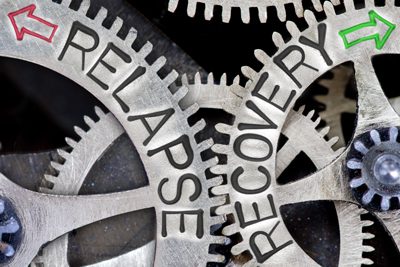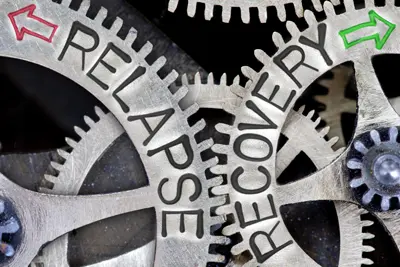 Whether you are dealing with substance addiction as a personal issue, or as the loved one of an addicted person, it is likely that you will have some experience with relapse.
Whether you are dealing with substance addiction as a personal issue, or as the loved one of an addicted person, it is likely that you will have some experience with relapse.
When it comes to addiction recovery, there isn’t a straight and smoothly paved path that leads directly to full recovery. There will be twists and turns, as well as setbacks, but they are all part of the journey.
There is a common misconception that when a person relapses (uses or drinks again after a period of abstinence), they aren’t trying hard enough or aren’t truly committed to recovery. While this is a possibility, it shouldn’t be considered the most likely scenario. When an individual who is seeking long-term recovery relapses, it is a sign that something in their recovery plan isn’t working quite right or might not be a good fit. This is a good time to evaluate treatment plans and consider what options are available to help you or your loved one get back on track.
What about the person who experiences chronic relapse?
Individuals who experience chronic relapse may go through several treatment programs, both inpatient and outpatient. Chronic relapse can be horribly frustrating for both the person in recovery and their loved ones. Some drugs tend to have a higher rate of relapse, such as opioids like heroin, due to their physiologically addictive properties. When a person has been in and out of treatment, with little lasting success at sobriety, a chronic relapse prevention program can be very helpful.A chronic relapse prevention plan or program is designed to help those who cannot seem to stay clean and sober.
Many treatment centers, both inpatient and outpatient, have programs for chronic relapse prevention. These programs address the elements that create a person’s daily life and provide tools and knowledge that will help the person in recovery protect themselves and steer their lives in the right direction. Individual and group therapy, 12-Step meetings and active communication with sponsors, addressing and replacing negative and harmful behaviors, and considering current personal relationships are all part of chronic relapse prevention. Navigating life while battling addiction isn’t easy, but with the right guidance and determination, lifelong recovery is possible.

For more information about Waypoint Recovery Center’s substance use disorder treatment services, please contact us anytime at (854) 214-2100.




